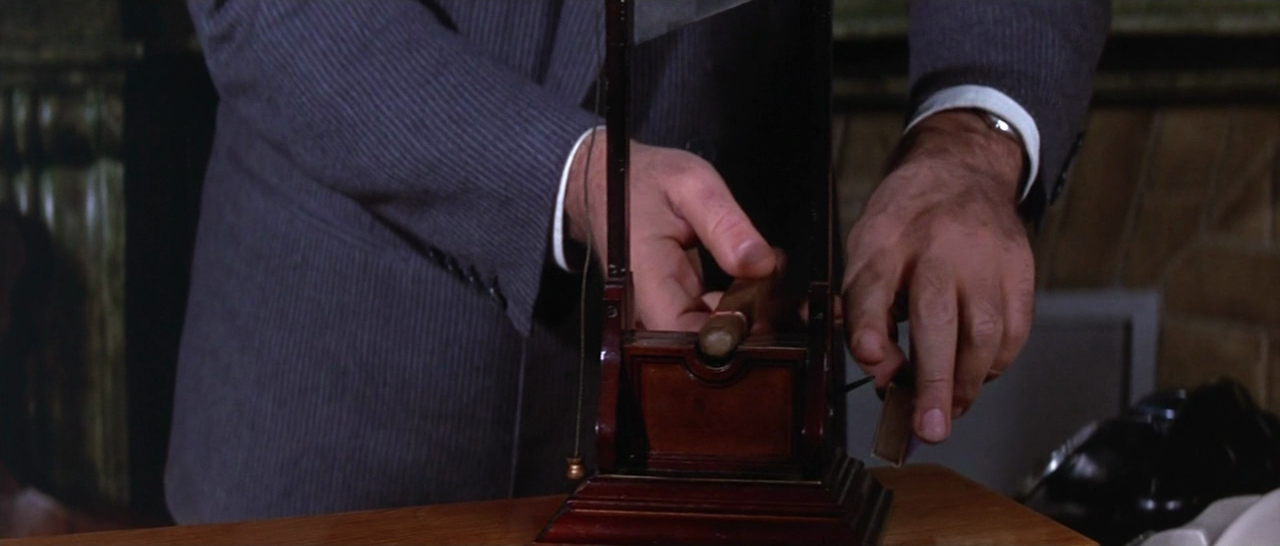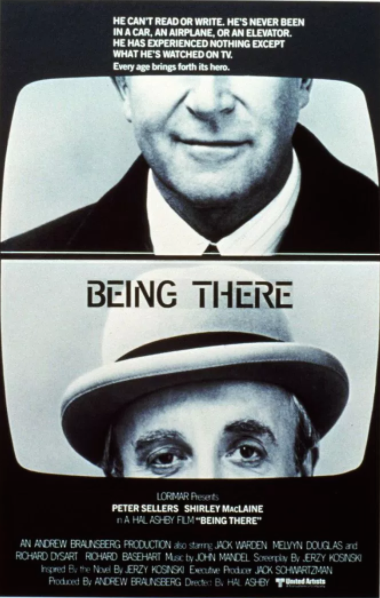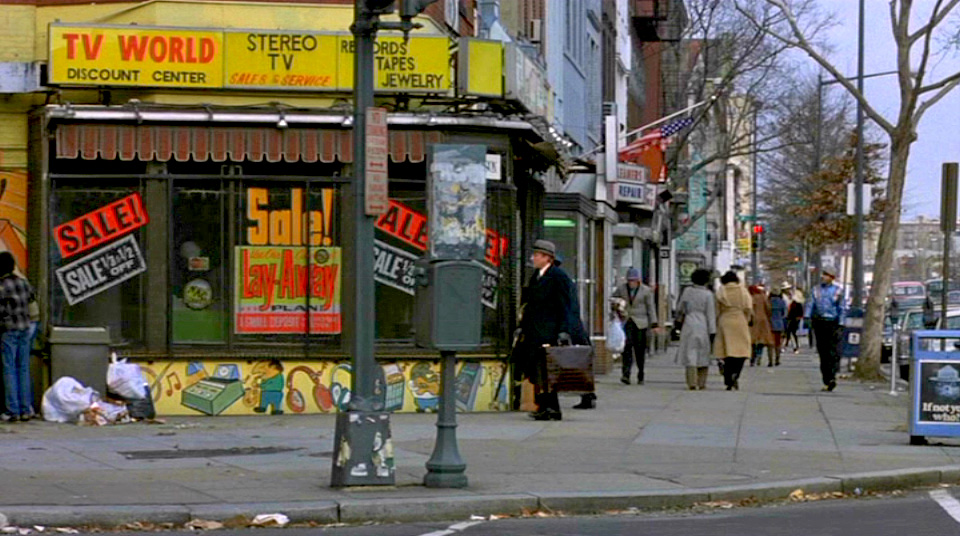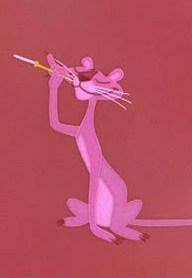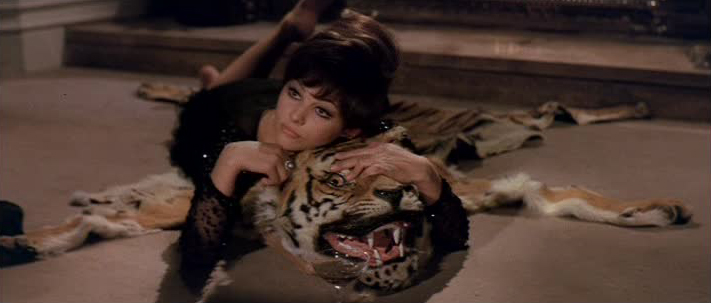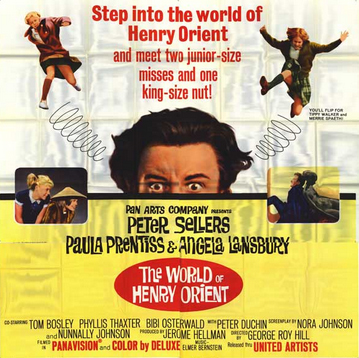The Furniture: Desigining Slapstick with Herbet Lom and Inspector Clouseau
 Monday, September 11, 2017 at 11:00AM
Monday, September 11, 2017 at 11:00AM "The Furniture," by Daniel Walber, is our weekly series on Production Design. You can click on the images to see them in magnified detail.
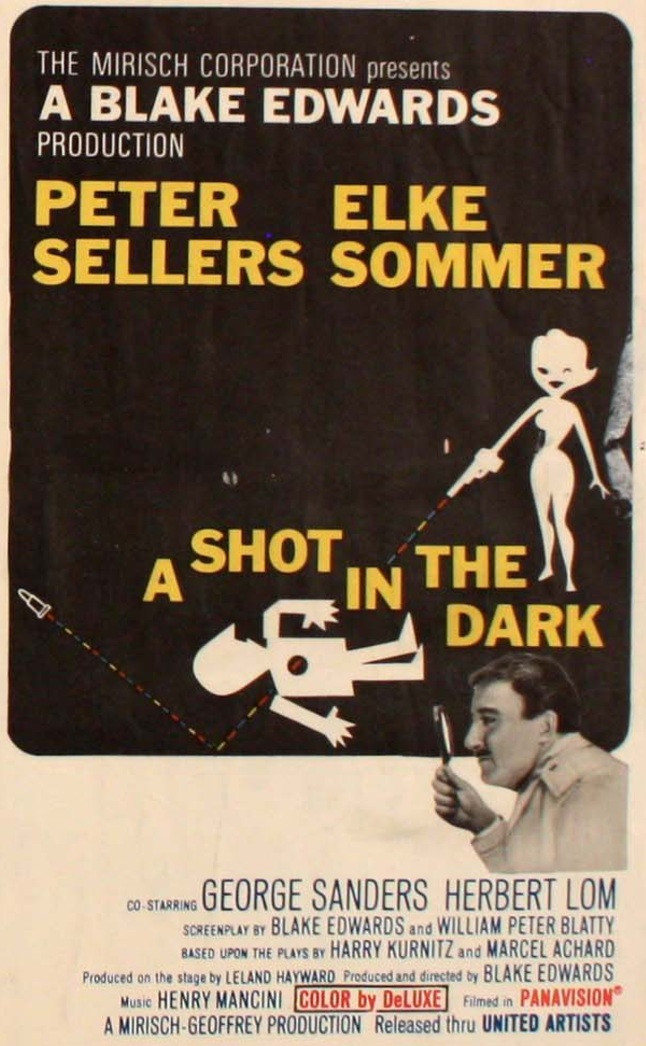 Before we get started, let’s all share a brief moment of resentment that Judy Becker didn’t win a production design Emmy last night for Feud. Boo.
Before we get started, let’s all share a brief moment of resentment that Judy Becker didn’t win a production design Emmy last night for Feud. Boo.
Anyway, back to your regularly scheduled episode of The Furniture. Today is the 100th anniversary of the birth of Herbert Charles Angelo Kuchačevič ze Schluderpacheru, the character actor otherwise known as Herbert Lom. He fled Nazi-occupied Czechoslovakia in 1939 for Britain, where he would have a long career in both film and television. He appeared in three Best Production Design nominees: El Cid, Spartacus, and Gambit. I will be writing about none of them.
Instead, here’s some love for the design of the films for which he is remembered most widely. Lom played Police Commissioner Charles Dreyfus, the long-suffering boss of Inspector Clouseau, in seven Pink Panther films. The first of these, A Shot in the Dark, is probably the best of the lot. It also has some charmingly ridiculous prop comedy and an array of colorfully absurd sets.
Here, for example, is the first example of a gag that runs throughout the series...



